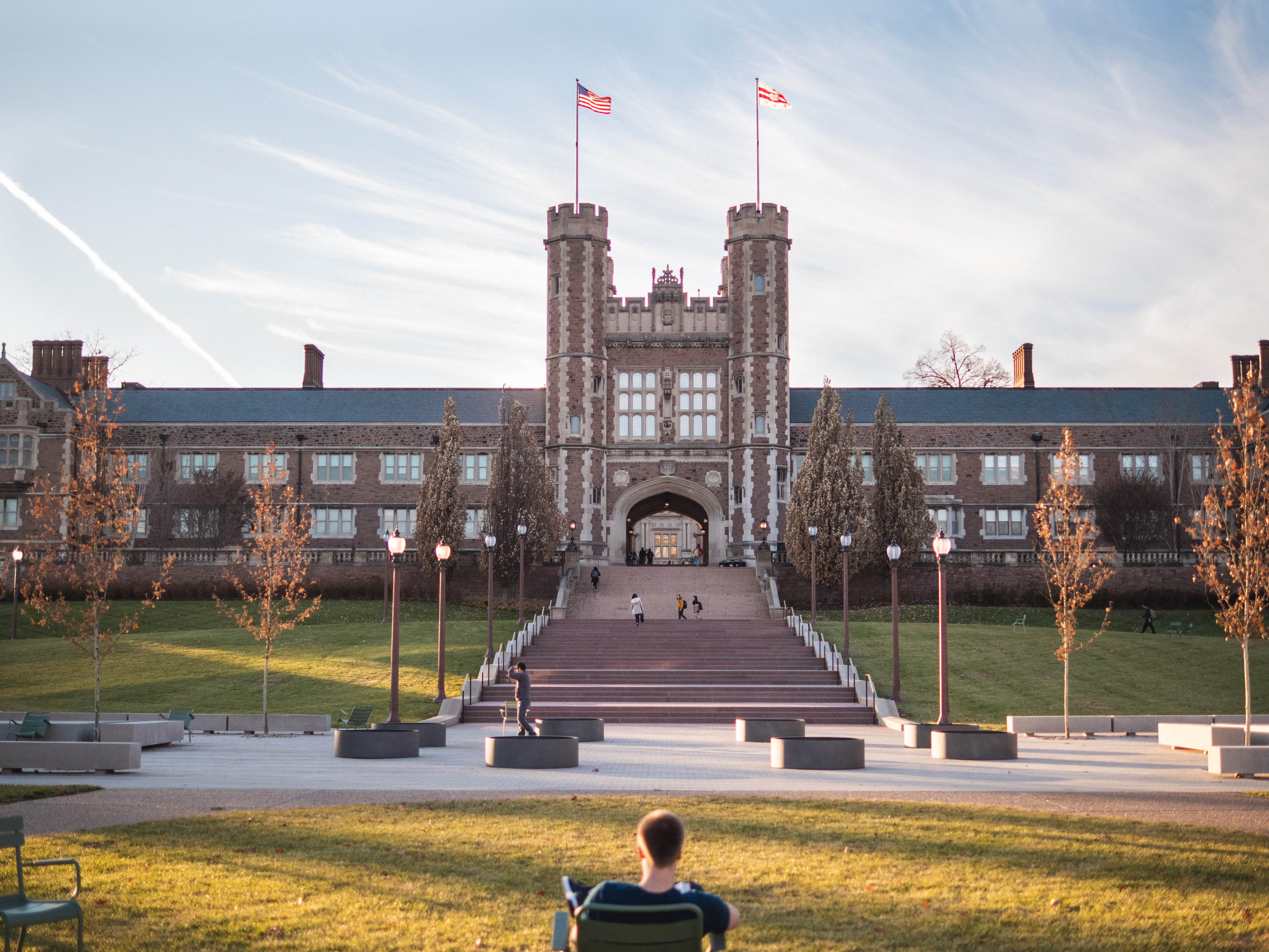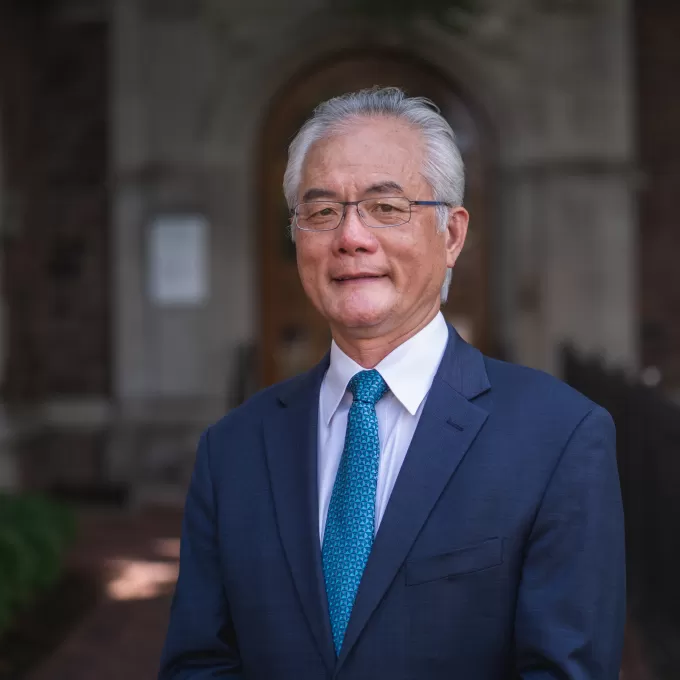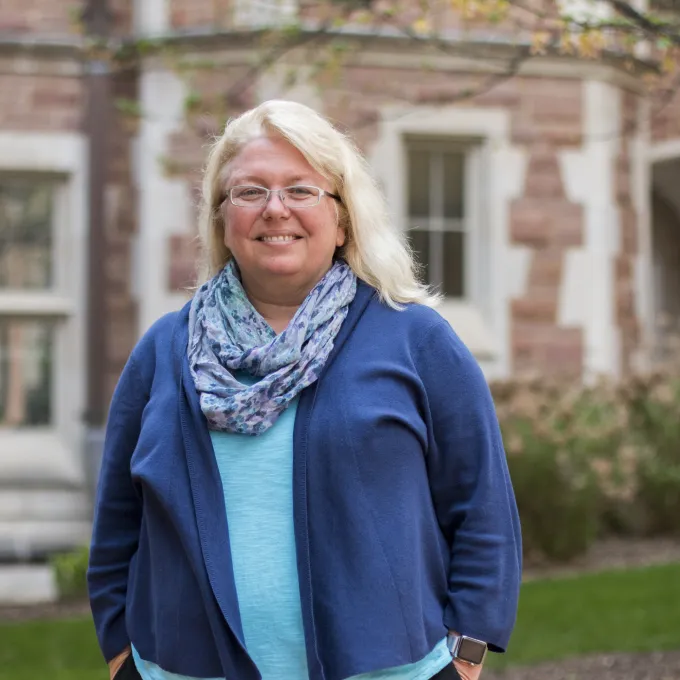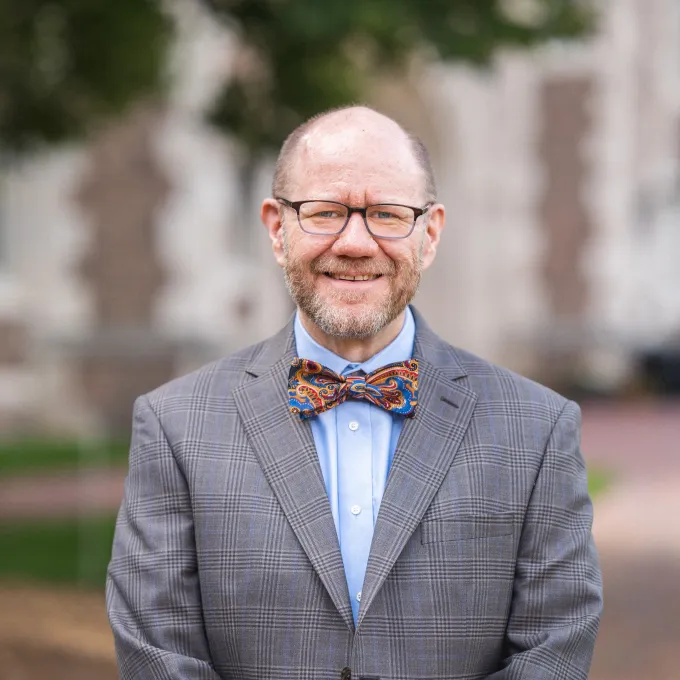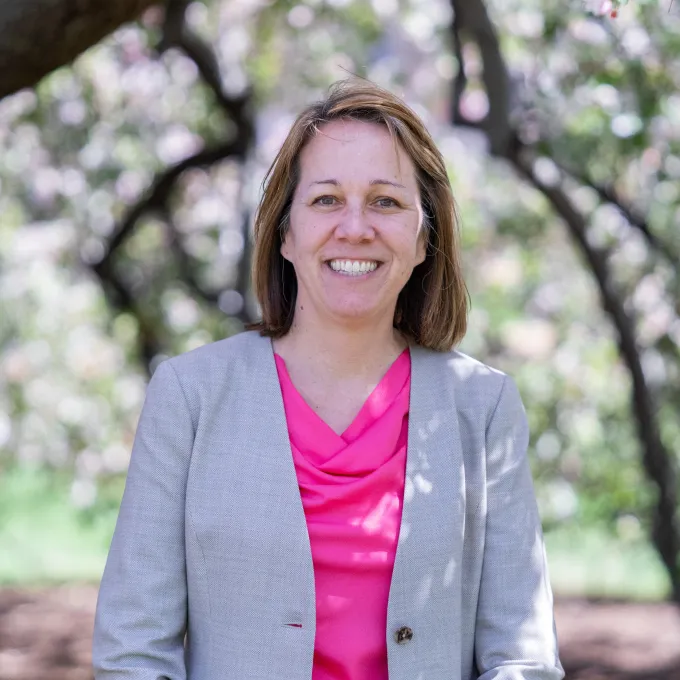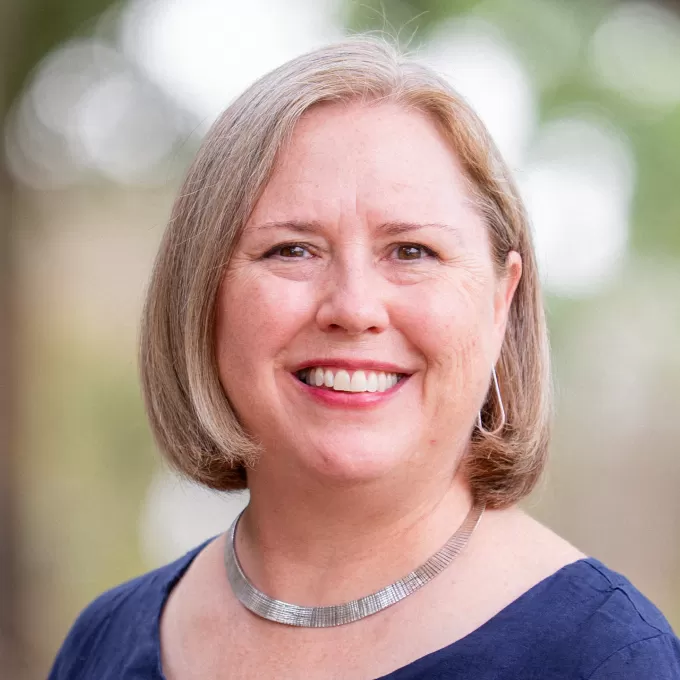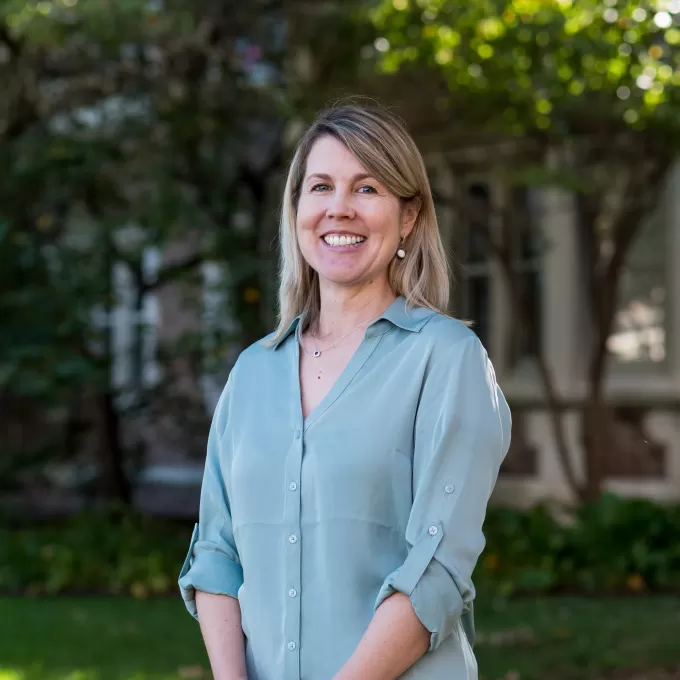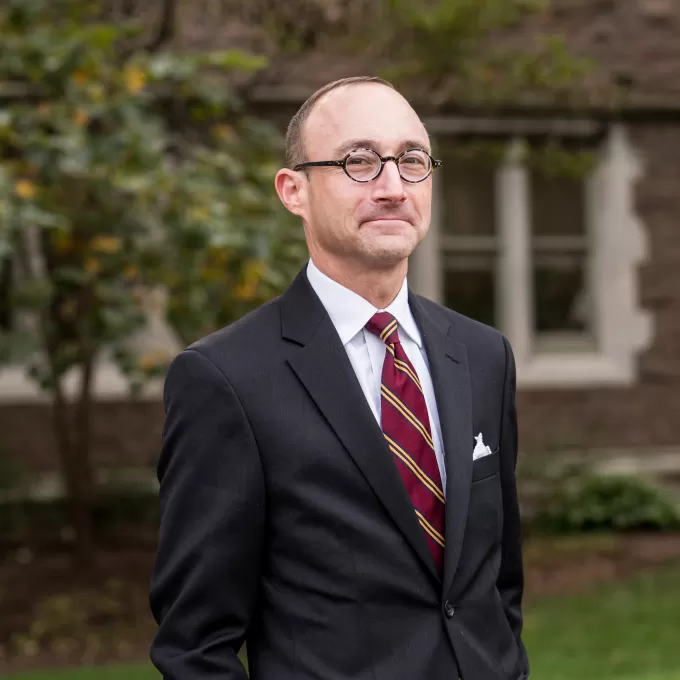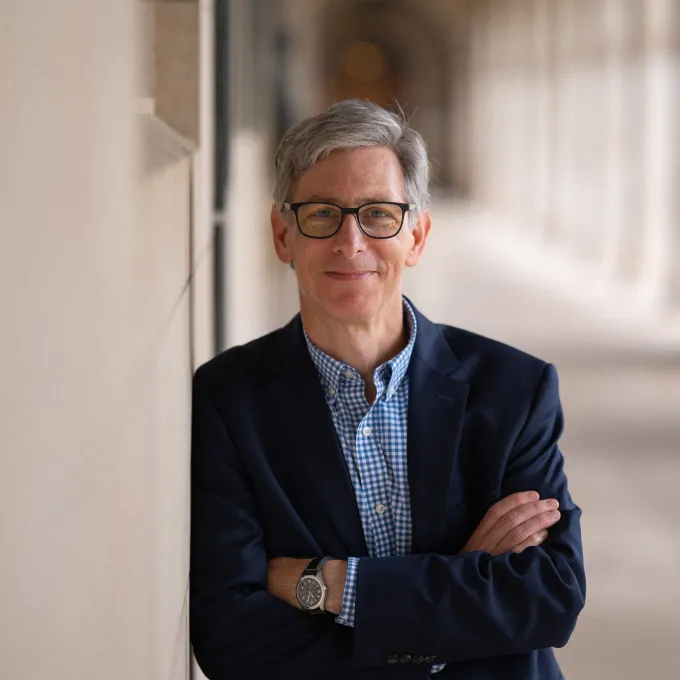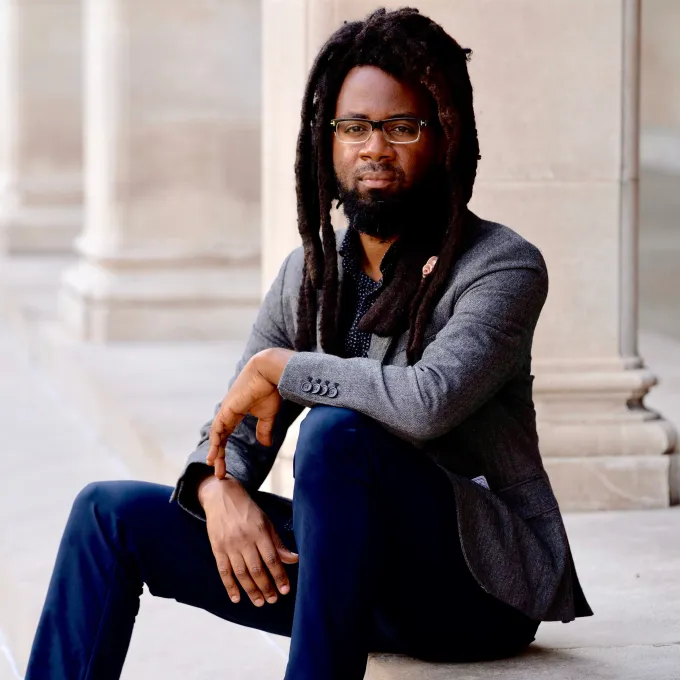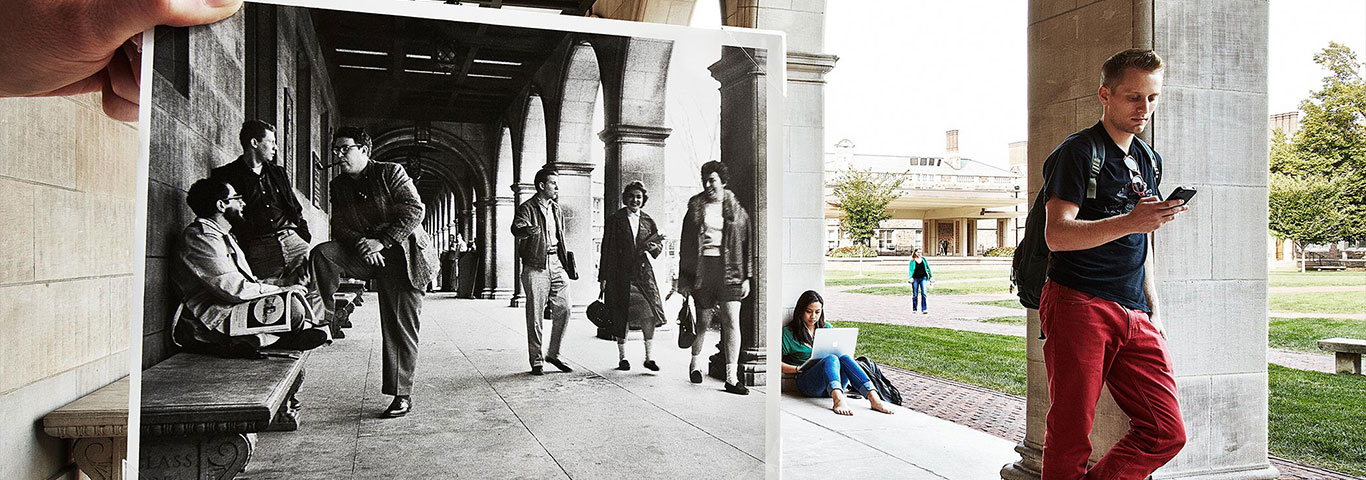at the intersection of it all

our mission:
The mission of Arts & Sciences is to advance innovative research that reaches a broad public and fosters new discoveries, and to promote excellence in undergraduate and graduate education, preparing students for civic responsibility, work, and life through impactful collaborations with the St. Louis community and across the world.
our history:
To learn more about the history of Arts & Sciences and see a listing of our past Deans, please visit this page.
our strategic plan:
In December 2021, Dean Feng Sheng Hu announced a strategic vision for elevating Arts & Sciences over the next 10 years. Arising from scores of conversations, hundreds of voices, and ideas from across the university, the Arts & Sciences Strategic Plan — A Transformative Decade: Convergence, Creativity, Community — presents a roadmap for advancing our scholarship, educational opportunities, and impact within the university and beyond its bounds.
As we look toward 2030, we envision a transformed school that will rise in prominence to serve as a global model for a school of arts and sciences. We will lead innovative developments, advance foundational knowledge and convergent breakthroughs, create solutions for pressing global challenges, and educate a new generation of leaders to shape the future. In short, the decade of Arts & Sciences has begun.

